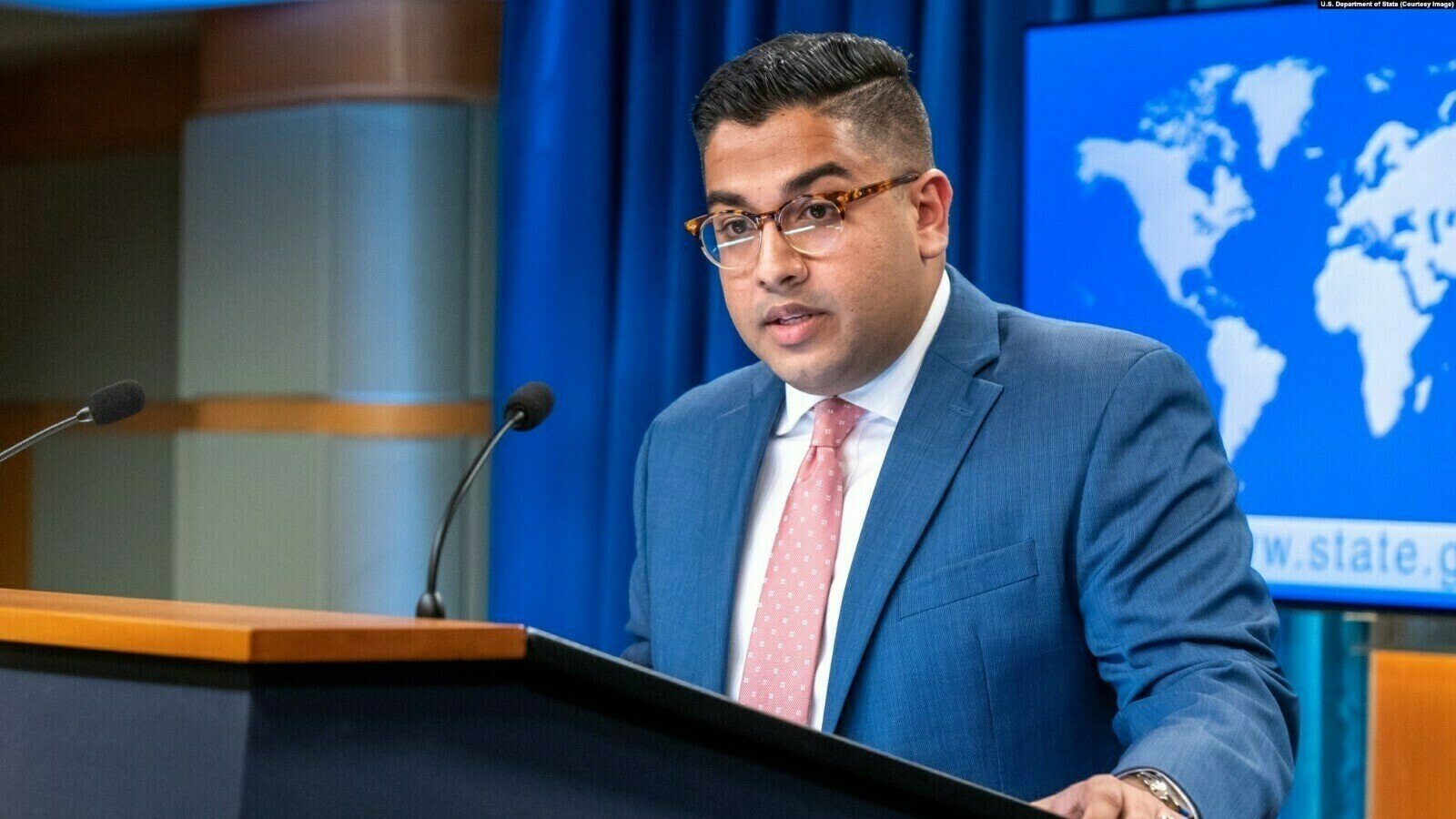For 51 agonizing days, the families of seven individuals kidnapped from the Shaban area of Harnai district in Balochistan have been living a nightmare. Despite repeated assurances from the provincial government and law enforcement agencies, the captives remain unrescued, leaving their loved ones in a state of despair. This prolonged ordeal not only highlights the failure of authorities to ensure the safety of citizens but also raises serious concerns about the effectiveness of the ongoing efforts to secure the release of these innocent victims.
The Kidnapping Incident
The kidnapping occurred in the Shaban area of Harnai district, a region that has seen its share of violence and unrest. The seven victims, whose identities have been withheld to protect their families, were abducted under circumstances that remain unclear. The incident has shocked the local community and raised alarm across the province, prompting calls for immediate action from both the provincial and federal governments.
The abduction of these individuals is not an isolated incident but part of a broader pattern of insecurity that has plagued Balochistan for years. Kidnappings, often carried out by militant groups or criminal gangs, are a grim reality in the region, where state authority is frequently challenged by non-state actors. The inability of the authorities to prevent such incidents or to swiftly respond when they occur only deepens the sense of vulnerability among the local population.
Families in Despair
Shaan Raza, the father of one of the hostages, has been vocal in expressing the anguish and helplessness that the families of the victims are enduring. “The Balochistan government and law enforcement agencies have not been able to recover our seven people who were kidnapped from Shaban,” he lamented. The pain and anxiety of these families are palpable, as they spend each day hoping for news of their loved ones’ safe return.
The emotional toll on the families is immense. They live in constant fear, unsure of the fate of their relatives. The lack of communication and concrete information from the authorities only exacerbates their distress. Raza’s appeal to the federal and provincial governments is a cry for help, a desperate plea for the safe recovery of their loved ones. The longer the ordeal drags on, the more unbearable it becomes for those waiting at home.
Government and Law Enforcement Response
Balochistan’s Interior Minister, Mir Zia Longo, has acknowledged the sensitivity of the situation, stating that the government is handling the matter with great care. However, his assurances have done little to ease the concerns of the families or the wider public. The lack of tangible progress in recovering the hostages has led to growing frustration and skepticism about the government’s ability to resolve the crisis.
Government spokesperson Shahid Rand has emphasized that efforts are ongoing to locate and rescue the abducted individuals. He dismissed rumors circulating about the recovery of bodies from Shaban, stating that there is no official confirmation of such reports. Rand assured that the authorities would continue their efforts until the hostages are safely returned.
Despite these statements, the failure to secure the release of the hostages after more than 51 days has severely undermined the credibility of the government and law enforcement agencies. The public’s trust in these institutions is already fragile, and incidents like this only serve to deepen the sense of disillusionment and fear.
The Broader Implications
The unresolved kidnapping case in Harnai is more than just a tragic story of seven families; it is a reflection of the broader challenges facing Balochistan. The province has long struggled with issues of lawlessness, militancy, and underdevelopment. The inability to protect citizens from abductions and other forms of violence is symptomatic of a deeper governance crisis in the region.
Moreover, the prolonged captivity of the Shaban hostages highlights the limitations of the state’s capacity to project power and maintain order in remote areas. While the government claims to be using “all kinds of political, tribal, and administrative powers” to recover the hostages, the lack of results speaks to the complexity and intractability of the situation on the ground.
As the days stretch into weeks and now months, the families of the kidnapped individuals in Harnai are left in a state of limbo, their hopes pinned on a government that has so far failed to deliver. The ongoing ordeal underscores the urgent need for more effective and decisive action from the authorities. The safety and security of citizens should be the highest priority, and the government must do everything in its power to bring the hostages home.
The situation in Harnai is a stark reminder of the challenges facing Balochistan and the need for sustained efforts to address the root causes of insecurity in the region. The people of Balochistan deserve better, and it is the responsibility of both provincial and federal authorities to ensure that incidents like this become a thing of the past.



